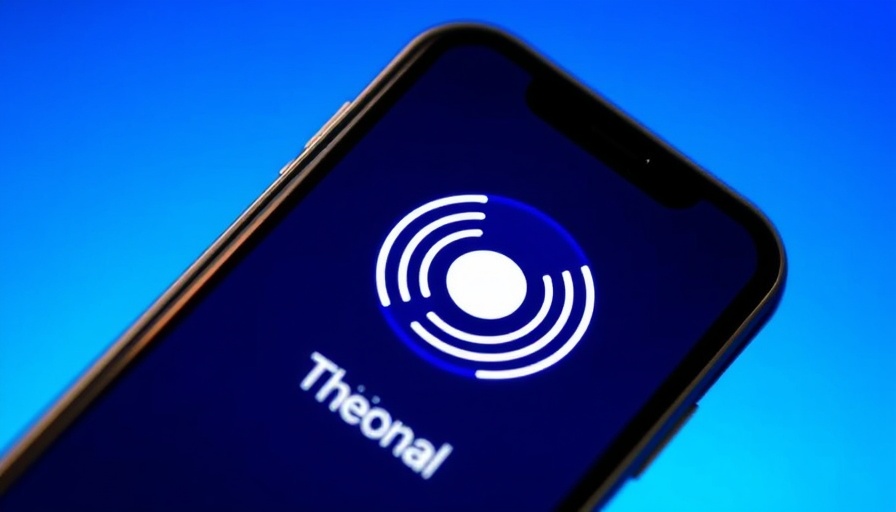
Surprising Breach: Yemen Strikes Discussed in Secret Chat
In a shocking revelation, the Trump administration’s national security team unintentionally included journalist Jeffrey Goldberg in a discussion on Signal regarding pending military strikes against Yemen’s Houthi forces. This incident, which occurred shortly before the bombing, raises significant questions about the security of communication platforms used by government officials. As Goldberg described, he was initially skeptical about the authenticity of the messages he received. His doubts were put to rest when a spokesperson from the National Security Council confirmed that the messages were indeed legitimate, marking a massive breach of protocol.
Is Signal Really Secure Enough for Government Communications?
The choice of Signal, a popular encryption-based messaging app, for discussing critical military operations has sparked debate about the suitability of private tech platforms for governmental communications. While Signal touts strong encryption and privacy features, its use in sensitive discussions indicates a potential vulnerability in government communication practices. Compared to traditional, secure channels typically employed for such discussions, the reliance on an unsecured app poses risks that could have far-reaching implications for national security.
An Unexpected Perspective: Goldberg’s Reaction
Goldberg’s experience emphasizes the unexpected reality that journalists sometimes occupy a complicated space within national security discussions. As the editor-in-chief of the Atlantic, he found himself privy to information intended for a limited audience. His disbelief highlights a disconnect between government protocols and the technology used to implement them. He noted, "I have never seen a breach quite like this," underlining the broader implications of such casual communication methods when discussing military strategies.
Historical Context of Military Communications
This incident invites comparison to historical precedents where a lack of secure communication has precipitated crises. For decades, military and governmental discussions have been governed by stringent protocols designed to protect sensitive information. The decision to bypass these traditional figures raises questions about the evolution of military communications and whether technological advances are outpacing the measures needed to secure them.
The Bigger Picture: What This Means for Future Operations
Looking forward, this breach could have lasting implications for the way military discussions are conducted. As technology continues to evolve, the need for secure channels that can handle sensitive information without compromising operational security becomes increasingly crucial. Decision-makers must reassess their communication frameworks to ensure they align with the digital age's capabilities and risks. Custom-built secure platforms may need to take precedence over widely-used commercial applications like Signal.
Take Action: Understanding Digital Security
As everyday citizens rely more on digital communication, it’s essential to grasp the implications of security in our online interactions. This incident serves as a cautionary tale about the potential consequences of negligence in digital privacy. Staying informed about digital security measures and understanding the tools we use can empower individuals to protect their own information, while demanding stronger security practices from the organizations we interact with.
This alarming breach involving Signal shouldn’t be overlooked; it underscores the importance of utilizing secure channels for sensitive discussions within both governmental and corporate sectors. For everyone involved, from policymakers to the average user, it's a reminder that vigilance in our digital practices is paramount. Emphasizing digital security in our daily lives could prevent future incidents that affect our privacy and safety.
 Add Row
Add Row  Add
Add 



Write A Comment